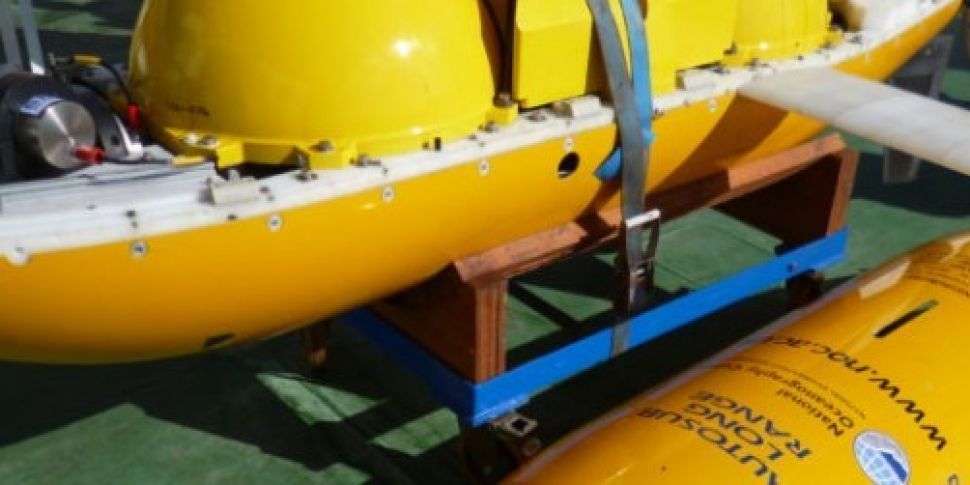A British unmanned submersible dubbed Boaty McBoatface is being sent on its first Antarctic Mission.
The vessel was given the name after a public vote to name a polar research ship, with the 'Boaty McBoatface' suggestion attracting massive support from the public and widespread coverage from international media outlets.
Despite Boaty winning the online vote, the UK's science minister Jo Johnson ultimately announced that the €250m vessel would be named after the ever-popular naturalist & broadcaster David Attenborough.
However, it was also confirmed a remotely-operated submersible vehicle would be christened with the public's favoured name instead.
Boaty will investigate water flow and turbulence in the Orkney Passage - part of the Southern Ocean which is around 3,500 metres deep.
For its first Antarctic mission, Boaty is being transported on board the research ship RRS James Clark Ross as the 'David Attenborough' ship is still being constructed.
The expedition is being conducted by researchers from the University of Southampton and British Antarctic Survey.
Professor Alberto Naveira Garabato - from the University of Southampton and the lead scientist of the research cruise - said: “The abyssal waters of the World Ocean sink in the Southern Ocean, and flow northward along the seafloor in submarine streams. When these streams encounter submarine topography or key chokepoints, they navigate it by squeezing through valleys and around mountains, occasionally forming submarine waterfalls – much as a river flowing toward the sea does on the Earth’s surface.
“The Orkney Passage is a key chokepoint to the flow of abyssal waters in which we expect the mechanism linking changing winds to abyssal water warming to operate. We will measure how fast the streams flow, how turbulent they are, and how they respond to changes in winds over the Southern Ocean."
He added: “Our goal is to learn enough about these convoluted processes to represent them (for the first time) in the models that scientists use to predict how our climate will evolve over the 21st century and beyond.”









